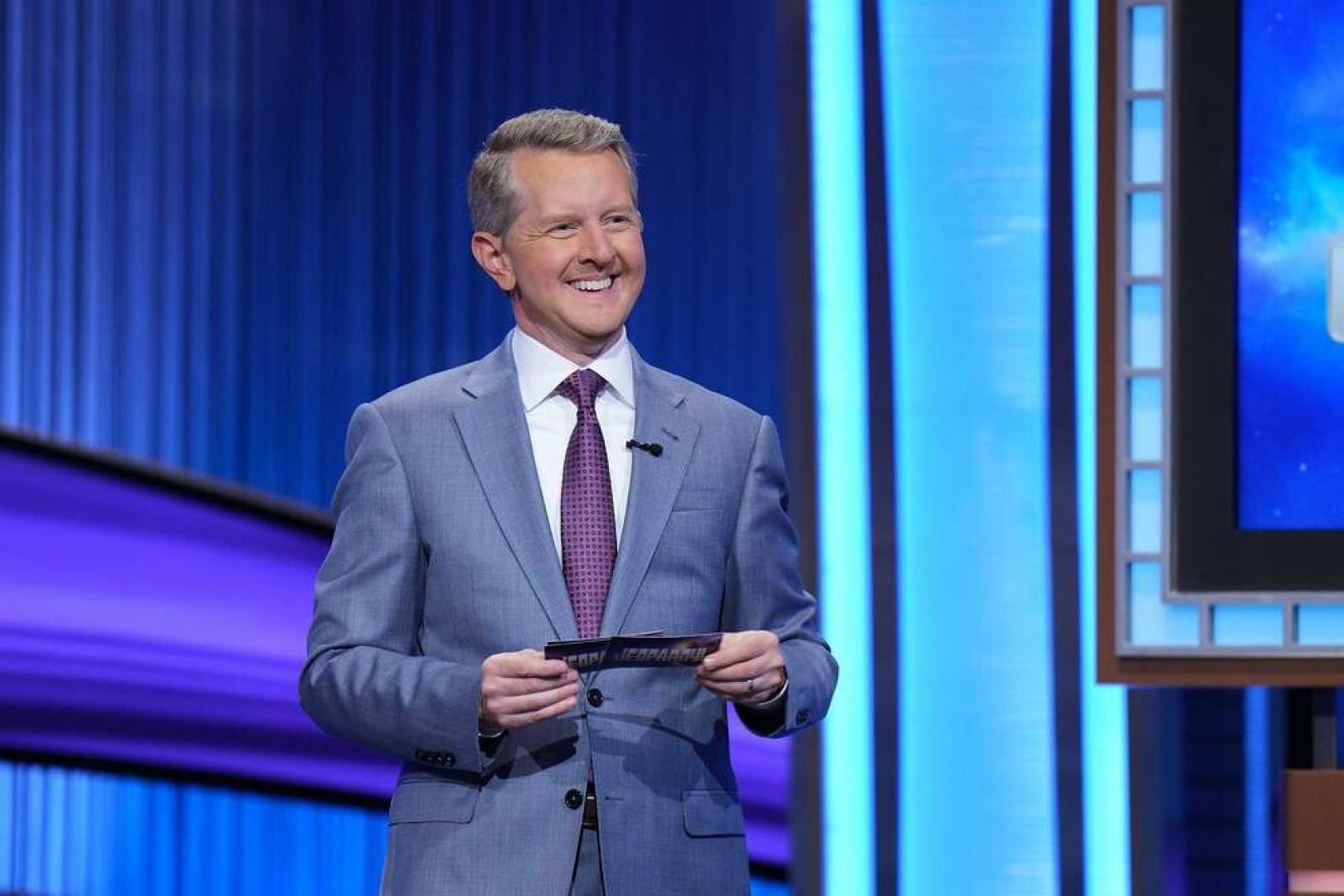News
Sony Granted Control Over Game Shows After Court Ruling

LOS ANGELES, CA — A Los Angeles Superior Court judge ruled Thursday that Sony Pictures Television can assume control over the distribution of its game shows, including the iconic “Wheel of Fortune,” from CBS, marking a significant shift in the broadcasting landscape.
The court’s decision, delivered by Judge Kevin C. Brazile, denied CBS’s request for a temporary injunction to curb Sony’s distribution plans. This ruling follows Sony’s termination of its distribution agreement with CBS last August, amid allegations that CBS entered unauthorized licensing arrangements that reportedly undermined the financial value of the shows.
“The court believes that Sony had the right, in its discretion, to terminate the distribution agreements,” Brazile stated in his order. CBS has been the long-time distributor of both “Jeopardy!” and “Wheel of Fortune,” which have remained among the most-watched programs on television despite the growing competition from streaming platforms.
Following the ruling, CBS declared its intention to appeal, with a representative asserting, “This is only a preliminary ruling based on partial evidence, not the outcome of the full case. We’re confident that once all the evidence is heard at trial, we will prevail on the merits.”
The dispute centers on CBS’s handling of licensing fees, with Sony alleging that CBS licensed the shows at below-market rates and failed to maximize advertising revenues. Sony claimed that CBS’s business practices diminished the profitability of its own programming.
In support of their position, CBS pointed to its longstanding relationship with the shows, stating they have consistently generated billions for Sony. CBS takes in up to 40% of the fees from television stations to carry the programs. CBS Media Ventures maintains that Sony’s complaints stem from dissatisfaction with the existing agreement.
“We are gratified by the Court’s ruling today and we look forward to distributing our shows, ‘Jeopardy!’ and ‘Wheel of Fortune,’ to the 200+ stations that license and count on this programming in the U.S. and around the world,” a Sony representative said.
Additionally, the case highlights CBS’s bundling strategy, in which the network packages various shows together for licensing. Judge Brazile noted that while bundling might be a common practice, it could present conflicts of interest that ultimately do not benefit Sony’s flagship shows.
Several affiliate station managers testified during the proceedings, suggesting that CBS’s bundling practices forced them to take on less desirable CBS programming alongside Sony’s hit shows. One affiliate manager indicated that the Sony shows are crucial to the viability of local stations, stating, “Having the rights to broadcast these shows can quite literally make or break you.” The court acknowledged these concerns, reinforcing doubts about CBS’s compliance with the distribution agreements.
The ruling and the subsequent appeal are critical junctures in the enduring success of these iconic game shows, which have captivated audiences for decades. As the legal battle continues, the future of CBS’s relationship with Sony hangs in the balance amid the shifting dynamics of broadcast and streaming media.












